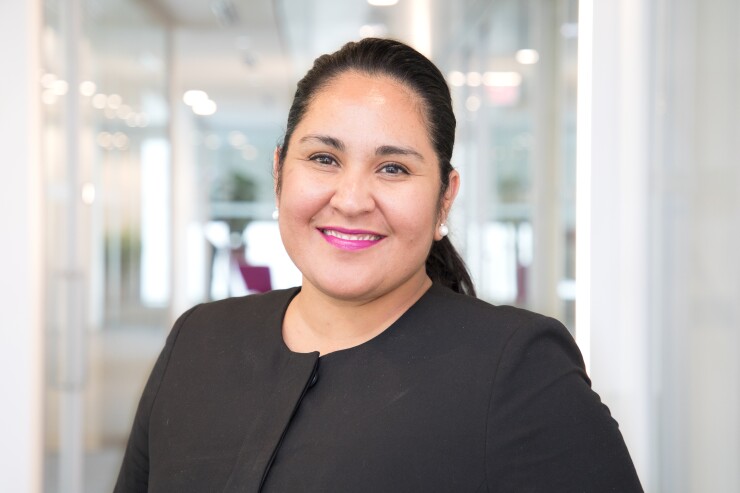
Public finance advocates are shifting gears and not their priorities to reinstate advance refunding and higher limits on bank-qualified debt after Speaker Nancy Pelosi indicated she will postpone infrastructure legislation.
Pelosi said Friday the next legislative priority will be a second installment of the Coronavirus Aid, Relief, and Economic Security Act, or CARES Act, to supplement the $2 trillion package signed into law March 28.
Two days earlier Pelosi had joined three other House Democratic leaders in highlighting the $760 billion, 5-year plan for rebuilding infrastructure they originally unveiled in January.
The infrastructure framework is a muni-heavy package that would reinstate advance refunding, direct pay Build America Bonds and tax credit bonds as well as expand qualified private activity bonds. It also would increase the cap on airport passenger facility charges and add $40 billion for State Revolving Funds that finance water projects.
Pelosi elaborated on the revised strategy in a Saturday letter to House Democrats that said Congress needs to “double down on the down-payment we made in the CARES Act,” which she described as a bipartisan “historic relief package.”
“CARES 2 must go further in assisting small businesses including farmers, extending and strengthening unemployment benefits and giving families additional direct payments,” Pelosi wrote. “We must also provide the desperately needed resources for our state and local governments, hospitals, community health centers, health systems and health workers, first responders and other providers on the frontlines of this crisis.”
Pelosi’s decision to reframe the legislation in the wake of some sharp Republican criticism that Democrats wanted to push their “Green New Deal” agenda in the infrastructure bill hasn’t changed the objectives of public finance groups.
“It’s a funny thing; you can promote exactly the same agenda but frame it differently,” Chuck Samuels of Mintz Levin, counsel to the National Association of Health & Educational Facilities Finance Authorities, said Monday.
“Let’s take my constituency, particularly hospitals and healthcare,” said Samuels. “Obviously their need for liquidity and to maintain their infrastructure is literally critical. We have provisions in the first bill that deal with that. So in this round, allowing small hospitals and facilities to borrow through the small borrowers exemption and freeing up their cash for other purposes through advance refunding relief, both go to her point.”
Emily Brock, director of the federal liaison center for the Government Finance Officers Association, said that reinstatement of advance refunding would provide “capital relief that would help with cash crunches that are imminent.”
“So I think it’s not too much of a stretch to continue to push for low-cost financing solutions,” Brock said.
Irma Esparza Diggs, director of federal advocacy for the National League of Cities, said her organization also supports advance refunding “so that local governments have every tool in their toolbox to create and open up additional sources of revenue.”
NLC sent an April 2 letter signed by Executive Director and CEO Clarence Anthony to congressional leaders and President Trump outlining its priorities for the next federal emergency spending bill. Among the requests were a federal stabilization fund for cities and towns, conversion of federal loans into grants and additional federal funding for transportation, water systems, housing and broadband systems with no local match requirements.
Diggs said those priorities won’t change whether the next round of legislation is called the CARES Act 2 or an infrastructure package.
“Right now the priority should be just getting money out the door,” Diggs said. “I think an infrastructure debate is a much taller order because Congress will have to figure out how to pay for that.”





